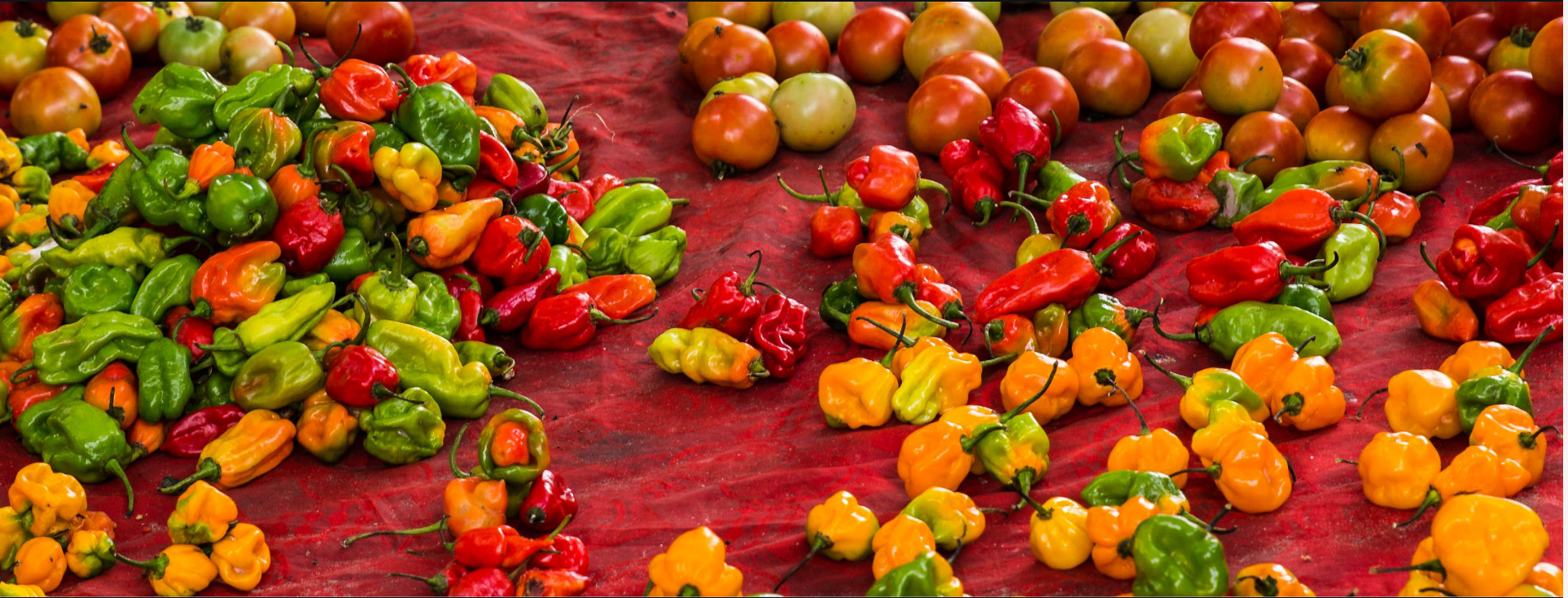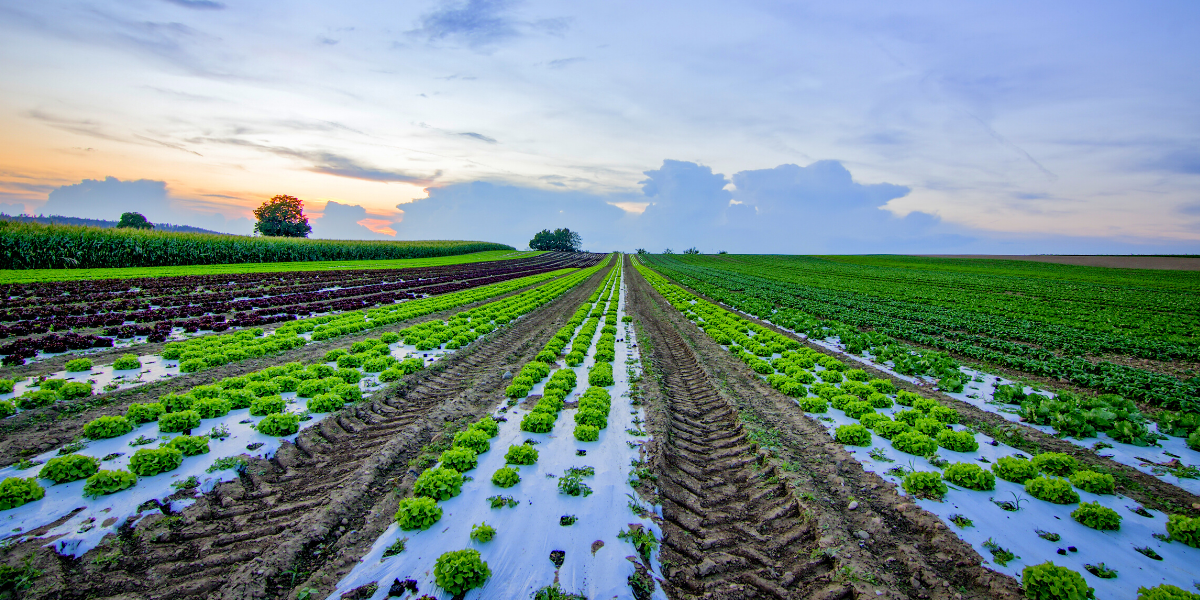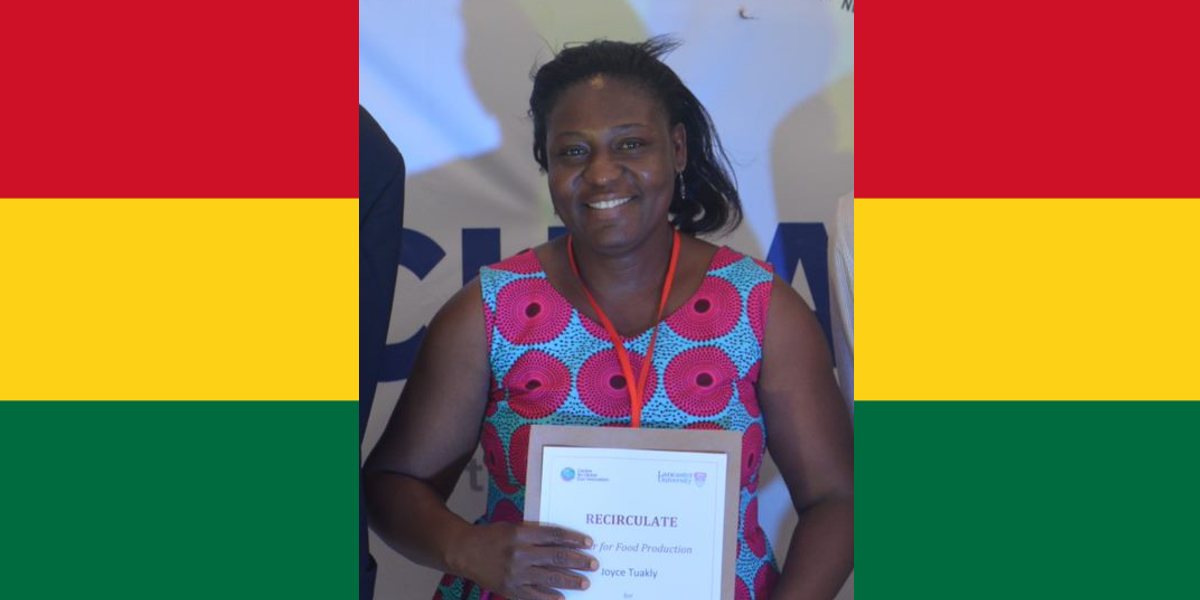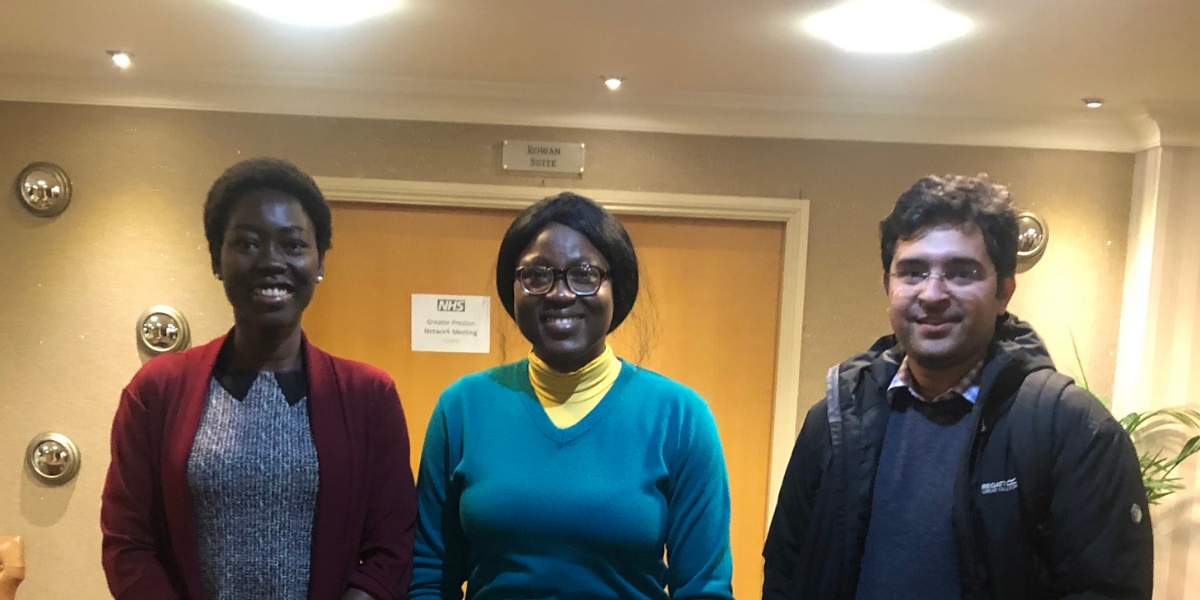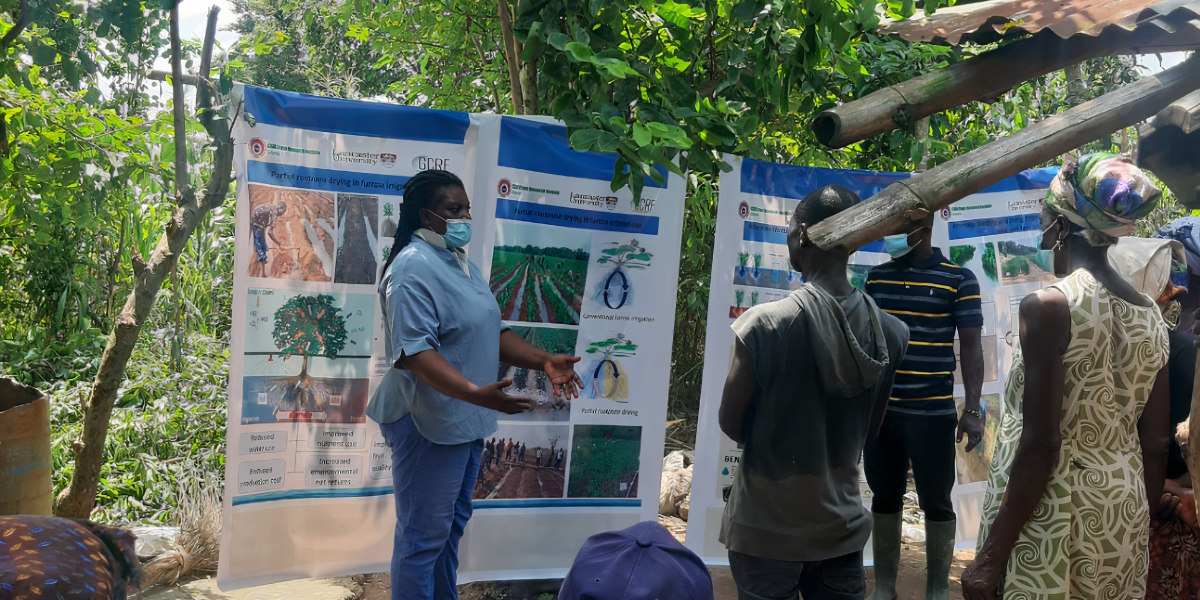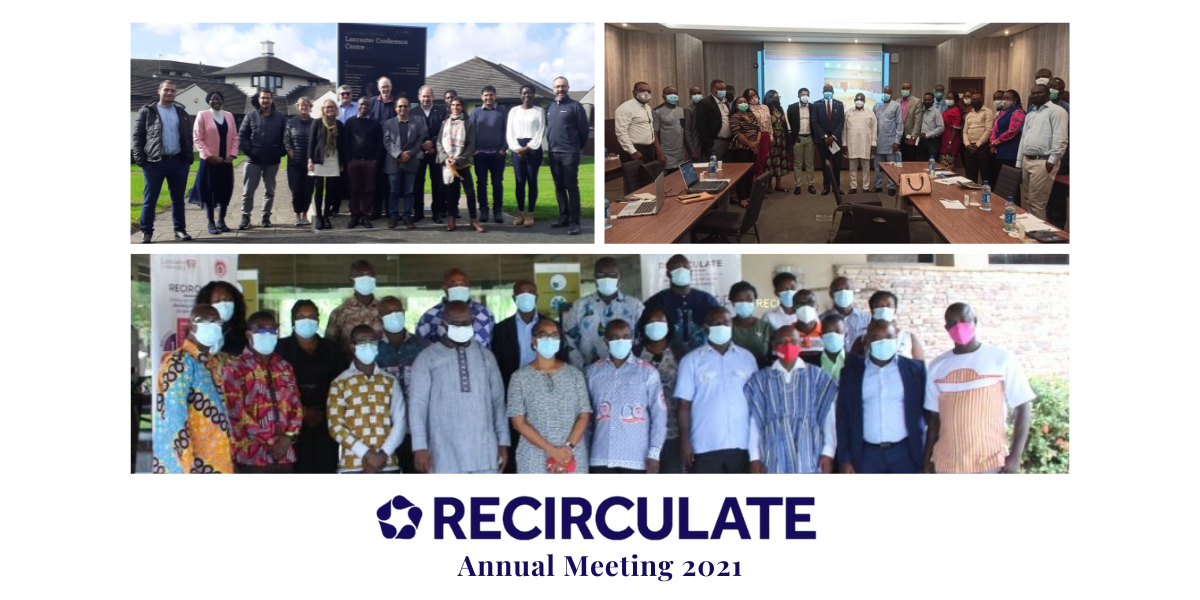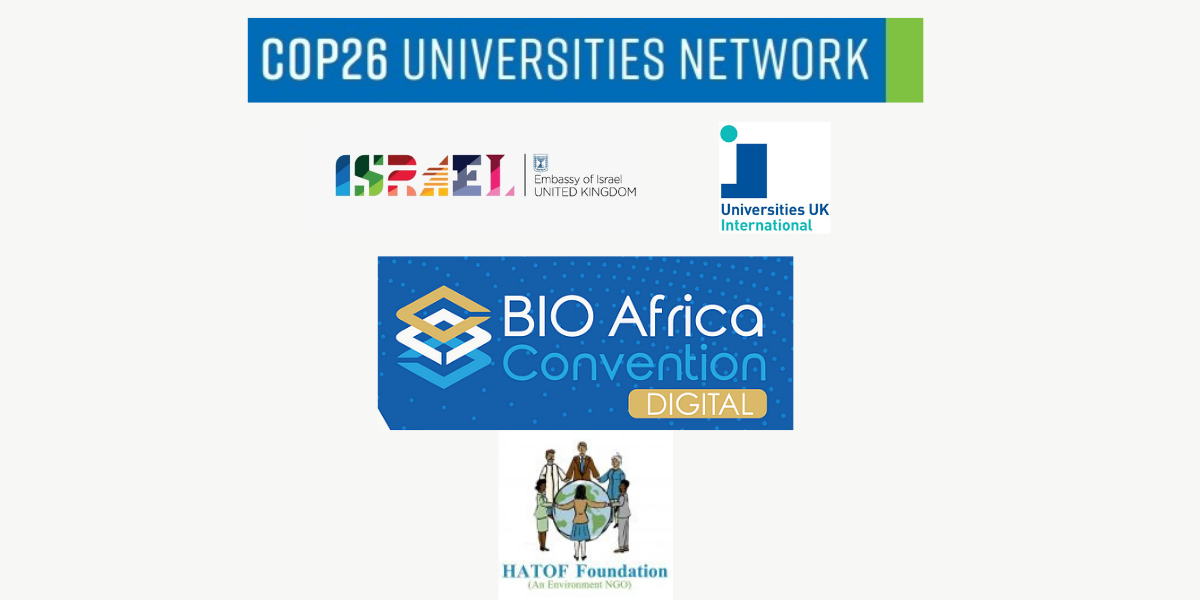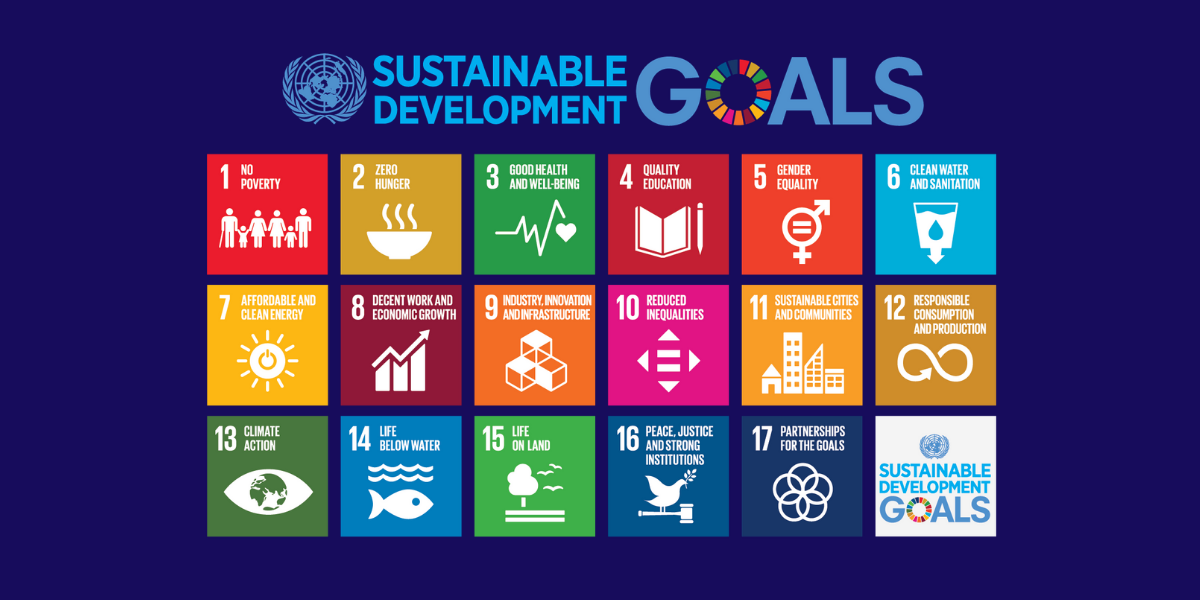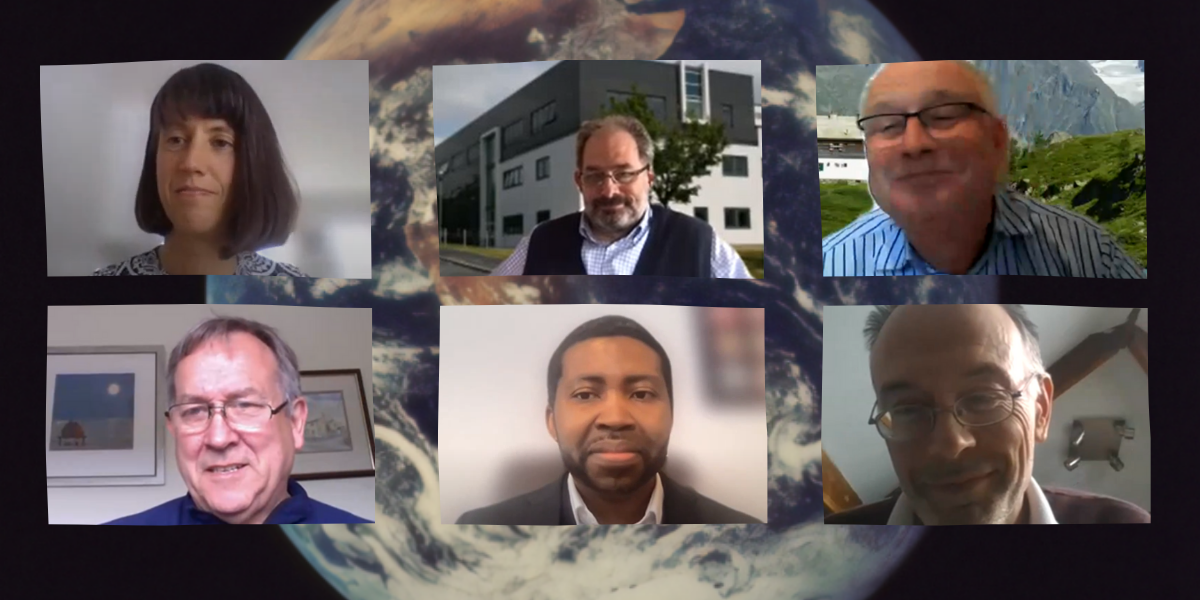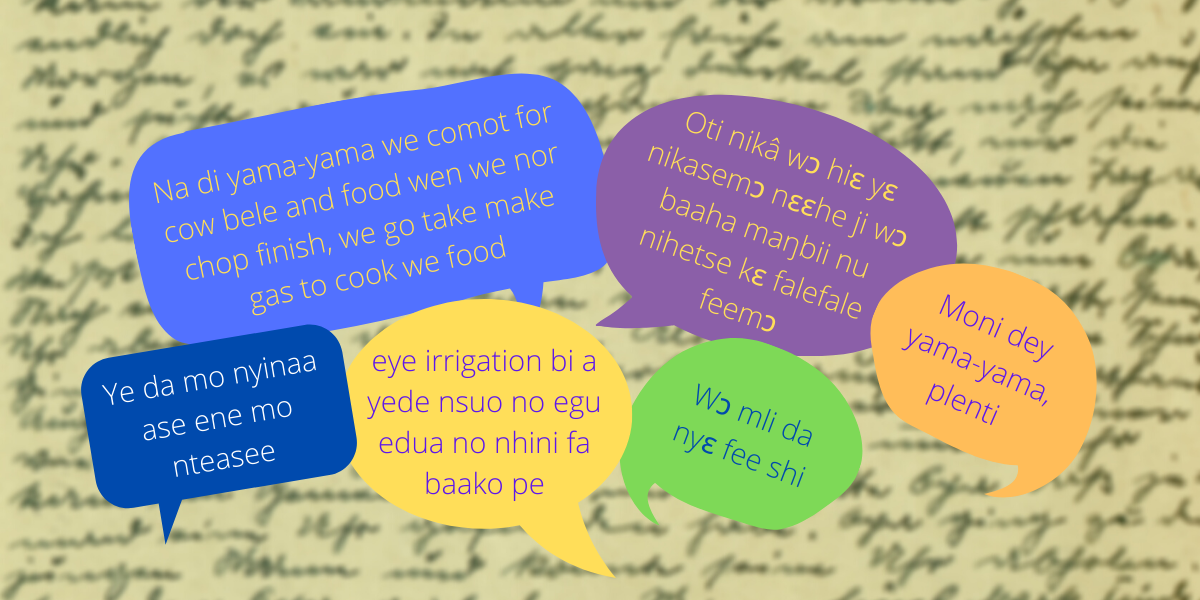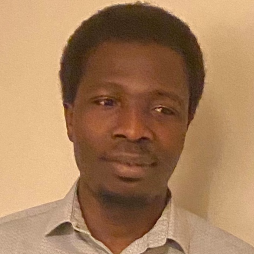Can small-holder agriculture benefit from new approaches to irrigation based on understanding crop biology and access to new technologies?
Although many African countries have abundant water resources, much of the continent’s crop production is rain-fed with low yields vulnerable to climate extremes. Effective sustainable water management for African communities depends on:
- Access to safe, sustainable water sources (whether from ground or surface water, rain-water capture and storage or “re-cycled” water)
- Irrigation that makes optimum use of those resources.
Water-saving irrigation techniques, which Lancaster has played a major role in developing (Du et al., 2015), can greatly increase crop water use efficiency. However, despite increasing interest in development projects to assist smallholder farmers (such as the African Water Facility’s Upscaling Smallholder Irrigation project (AfDB, 2016)), there is a major disconnect between the technological development of water-efficient techniques, and their adoption by smallholders (Burnham et al., 2015).
The core research questions of this work-package are to:
- Identify what approaches to water-efficient irrigation are most appropriate to cultivate fresh produce, given the water resources available to (small-holder) communities, including “harvested” and stored rain-water, and recycled water (e.g. digestate from anaerobic digestion -WP4).
- Investigate how these techniques can be developed and optimized for such communities.
- Understand the socio-economic barriers to the adoption of water-saving irrigation techniques in particular communities, such as those revealed by our research in Nepal (Howell et al., 2015).
This will be answered by accomplishing the following objectives:
- To assess the feasibility of different water-saving irrigation techniques under West African conditions (Alternate Wetting & Drying in rice and Partial Rootzone Drying in tomato – a representative horticultural crop).
- To investigate the physiological mechanisms underlying the responses observed in AWD and PRD.
- To determine complementary technologies (eg. genotype, nutrient source & application rate) to maximise crop production and nutrient use efficiency in these West African cropping systems.
- In collaboration with Work Package 4, determine whether by-products of anaerobic energy generation from urban waste (digestate) can substitute (at a local scale) for synthetic fertilisers.
